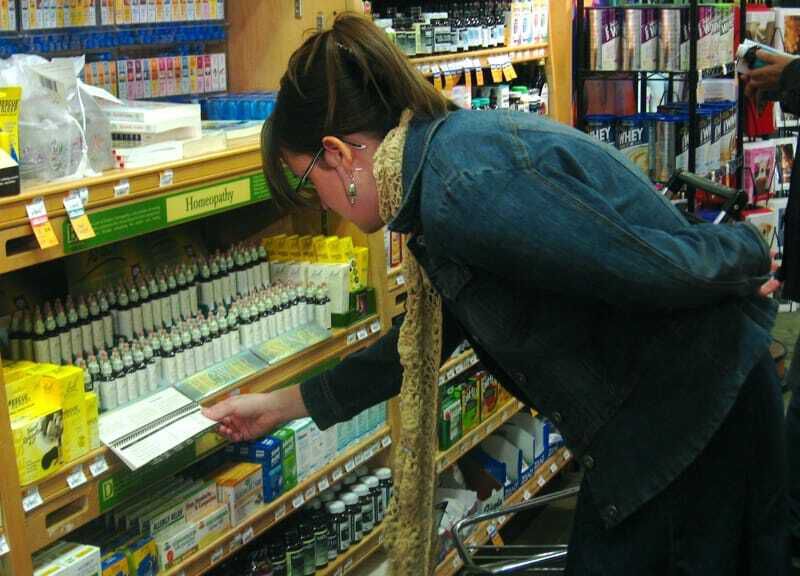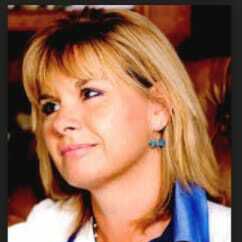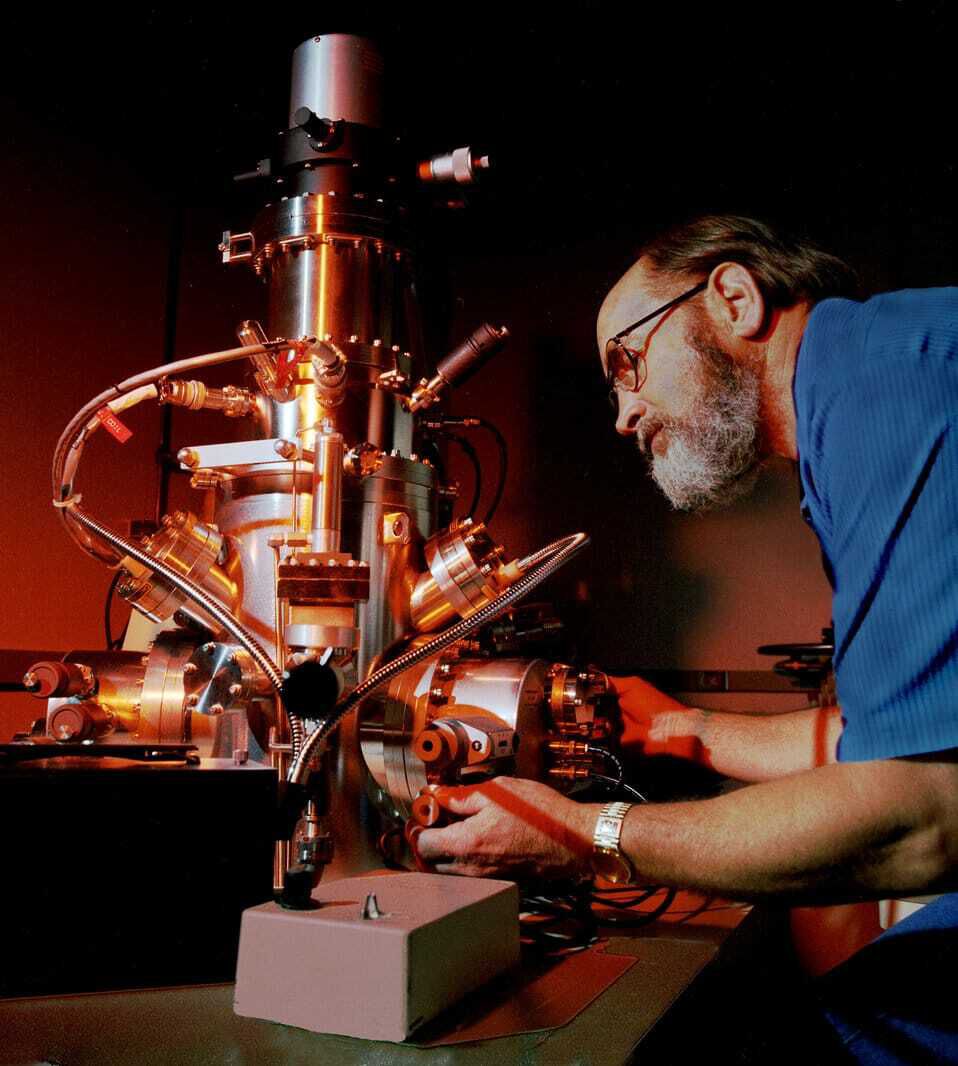Taking stock of a small but significant development at the close of 2018 - Brussels rejects the Spanish request to change the law on homeopathy- A minor win with potentially major implications.
Towards the end of 2018, the Spanish Government requested the European Commission to change the laws on homeopathy. As a system of medicine, it does not belong to the conventional paradigm, thus the complexities surrounding its mechanism of action and the principles which govern it are open to criticism, based generally on lack of understanding, limited knowledge and lack of insight into the actual evidence base and non-materialistic approach. According to El Pais, the argument put forward was that homeopathy is a ‘pseudo- therapy’ and should therefore be banned from health centres and universities. “The government considers that, besides not working, therapies ‘negatively affect health by perpetuating illnesses, causing others or even increasing the risk of death. According to the Spanish government, they do this by encouraging a person to substitute or delay taking conventional medicine of proven safety and effectiveness, which reduces the effectiveness of these (conventional) treatments.” (Barcelona, Nov, 2018)
A project named ‘Health Protection Plan Against Pseudo-therapies’, (Barcelona, Nov 2018) proposed four lines of action, all essentially demanding that complementary medicine undergo the same scrutiny in terms of scientific evidence as conventional medicine. They seem to ignore the thousands of scientific studies that support the use of homeopathy. (https://www.hri-research.org/) The following statement, quoted in La Vanguardia by Spanish Minister of Health Maria Luisa Carcedo: ‘Homeopathy is an alternative therapy that has not shown any scientific evidence that it works” is simply wrong and misleading, in light of the literature and evidence base cited here.
The plan comes two months after 400 Spanish scientists signed an open letter calling for action against pseudo-science, following the death of a cancer patient who refused traditional medicine. It appears the patient regretted not following the traditional course of treatment in the form of chemotherapy, however, in my opinion surely it is right that one, given all the facts on both sides of the argument, has a right to choose what is right for them. The patient’s voice must be heard. Chemotherapy and other conventional treatments come with a host of side effects, some of which are potentially life threatening in themselves.
Danish physician Peter C. Gøtzsche states:
Our prescription drugs are the third leading cause of death after heart disease and cancer in the United States and Europe. Around half of those who die have taken their drugs correctly; the other half die because of errors, such as too high a dose or use of a drug despite contraindications. Our drug agencies are not particularly helpful, as they rely on fake fixes, which are a long list of warnings, precautions, and contraindications for each drug, although they know that no doctor can possibly master all of these. Major reasons for the many drug deaths are impotent drug regulation, widespread crime that includes corruption of the scientific evidence about drugs and bribery of doctors, and lies in drug marketing, which is as harmful as tobacco marketing and, therefore, should be banned. We should take far fewer drugs, and patients should carefully study the package inserts of the drugs their doctors prescribe for them and independent information sources about drugs such as Cochrane reviews, which will make it easier for them to say, “no thanks”. (Gøtzsche PC:2014)
I recently wrote an article called ‘Freedom of choice, balance in medicine.’ (https://hpathy.com/homeopathy-papers/freedom-of-choice-balance-in-medicine/) At the time it was specifically directed towards similar situations in Australia, the US and the UK, where, despite public choice and opinion, governing bodies were going out of their way to deny freedom of choice in healthcare. It now appears that Spain felt the same sort of entitlement by petitioning the EU to change its regulations around homeopathic medicine, luckily, in this instance, common sense and integrity won. I would like to share with you a sentiment from that article here:
‘Part of the reason for the current situation lies is the ‘false representation’ alluded to. The true statistics, facts and worldwide success of homeopathy is rarely revealed. There is always a theme to the onslaughts, and rarely is the full story told listing the many cases where remarkable healing has occurred. It is nearly always a subjective, limited, manipulated version to suit the agenda of the reporter, stemming mainly from their distinct inability to grasp homeopathic principles. To say there is no evidence as to the efficacy of homeopathy is simply not true and is grossly misleading. Many trials have been done demonstrating positive outcomes and it is important for the public to realise that much significant homeopathic research has been published (https://www.hri-research.org/) and many trials are ongoing in other organisations. The studies, (RCT’s and otherwise) are frequently cited, although invariably publicly drowned out by the barrage of ignorance, typical of the limited mind-set of the sceptics and detractors, who fail to understand different medical paradigms and the ensuing complexities.’ (https://hpathy.com/homeopathy-papers/freedom-of-choice-balance-in-medicine/)
Onwards and Upwards.
So, Ultimately, Brussels rejected the Spanish request to change the law on homeopathy:
‘The European Commission will not change the directive on the use of homeopathic products in the Union. The Spanish government asked to tweak the text that regulates this therapy -whose properties are not scientifically endorsed- during an informal meeting held in September in Vienna when considering the current regulation "a risk to the health of citizens". Brussels does not share that opinion, and has reported that it does not fit into its plans to modify it. The current framework finds a balance between guaranteeing quality and safety and informing consumers, including healthcare professionals," said Health Commissioner Vytenis Andriukaitis, in response. to the questions of the socialist MEP José Blanco.’ (Spain’s News.com/Society: 2018)
The current situation in Spain remains turbulent and is ongoing; however, I feel it is significant that the stance that was taken in Brussels is reported. Let us hope this minor, although significant decision is the turning of a tide, in our favour, ultimately allowing freedom of choice in healthcare, supported by thousands of evidence-based trials and satisfied patients.
References:
Gøtzsche PC. (2014) Our prescription drugs kill us in large numbers. https://www.ncbi.nlm.nih.gov/pubmed/25355584
Spain’s News.com/Society, (2018) : Brussels rejects the Spanish request to change the law on homeopathy [online.] https://spainsnews.com/brussels-rejects-the-spanish-request-to-change-the-law-on-homeopathy-society/
Spain moves to ban pseudo-therapies from universities and health centers. [online.] https://elpais.com/elpais/2018/11/14/inenglish/1542203925_514487.html
Homeopathic Research Institute www.hri-research.org
As we believe in giving various perspectives a voice, we may publish ideas we don't necessarily agree with, therefore the views of the authors do not necessarily reflect the views of Magic Pills, Ananda More, or Phosphorus Films.



